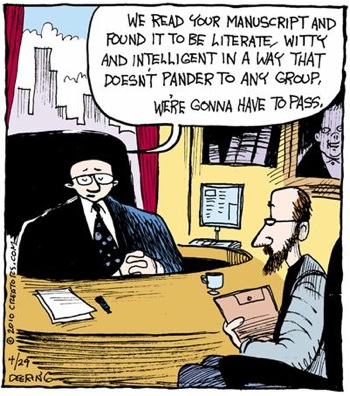 Should you go indie? Should you pursue the traditional publishing route?
Should you go indie? Should you pursue the traditional publishing route?
I thought I’d go over some of the pros and cons today for those on the fence. I’m obviously biased since I chose to e-publish, but I’ll try to “keep it real.” Please chime in below if you want to disagree (or agree!).
What It Means to Be an Indie Author:
More money…maybe
As things stand today, thanks to the economics of e-publishing and the royalty rates the big booksellers offer, you’ll make a lot more money on each book sold. I mentioned this blog post last week, and I’m sure I’ll reference it often because it’s definitely worth a look: Robin Sullivan at Write2Publish does the numbers, comparing the earnings of two mid-list fantasy authors, one self-pubbed and one traditionally pubbed, with a similar number of books out. We’re talking in the neighborhood of $2,000 a month vs $10,000 a month.
That said, you are completely and utterly on your own for selling your books. Especially in the beginning, you’ll feel like you’re putting way more effort into promotion than you’re getting back in sales. It’ll seem like you have to personally sell each and every copy because nobody’s finding your work on Amazon on their own. Certainly, nobody’s going to chance across your book on a shelf in a local bookstore.
As I’m learning, you don’t have to master every marketing avenue, but you do need to find some tactics you don’t mind pursuing and…pursue them. Relentlessly. And hope that some day you reach a tipping point where your books are high enough on sales charts that readers find them on their own. Not everybody gets to that point.
The freedom to write whatever you want at whatever length you want…maybe
As an indie author, you don’t have to make sure your paranormal romance falls between 70,000 and 90,000 words because that’s what agents want, thank you very much. If you’re publishing ebooks, you don’t even have to stick to novels. My 18,000-word fantasy story, Flash Gold, is about a quarter of the length of a novel, so I’ve priced it at 99 cents (as an e-publisher you can choose whatever sales price you wish) and many folks are checking it out (thank you). Other indie ebook authors are publishing even shorter stories.
When it comes to content, you needn’t stick to formulas or write to a potential agent’s wishlist either. There’s a big world out there, and just because your book might not have bestseller written all over it, that doesn’t mean you won’t find a readership.
That said, if you want to sell books and continue to sell books, you do have to please your readers. Unfortunately, I can’t give you the secret formula on how to do that. You’ll know, when you start getting reviews from people you don’t know, if you’re hitting the mark.
Total control over your destiny…maybe
Because you are on your own for the story and the marketing, much of whether you succeed or fail lies in your own hands. This is comforting for some (those with the entrepreneurial spirit) and terrifying for others.
But even the entrepreneurs must realize that luck is going to play a role at some point. Sure, you can help things along by working hard at promotion and writing great stories, but there will be times that luck helps (or hinders) you: an influential reviewer writing up your book, an A-list blogger linking to your site, a bargain books site mentioning your 99-cent ebook, etc.
The more you put your work out there and make people aware of it, the more likely it is good luck will find you, but some people can do everything right and never “get lucky” (though, thanks to those higher royalties I mentioned, even modest sales can lead to a nice part-time income).
Being taken advantage of…maybe
When you’re struggling to get your book noticed, you’ll see a lot of opportunities that sound great but that might end up costing you far more money than they’re worth in sales.
There are lots of new companies cropping up that are jumping at the chance to help you get your ebooks published and out to the world. And there are tons of forums, book sites, and blogs that offer advertising options. None of these guys are out to scam anyone, but there’s doubtlessly a lot of truth to that old saying that the most money made during the Gold Rush was by the folks selling picks and shovels to the prospectors.
If you’re choosing to be an indie, you’re choosing to be in business for yourself, and (successful) businesses track their spending carefully. To stay afloat, they must ensure earnings outweigh expenses.
A beating on your ego…probably
- You’re going to get bad reviews. (Hopefully you get plenty of good ones to balance things out, but it’s still hard to read criticism, especially when you sense there’s truth to it).
- You’re going to see other indies who started at the same time or after you making it big while you’re still struggling to make sales. (Maybe you feel you’re doing well when you measure month-to-month progress, but it’s hard not to get down when you see others doing so much better.)
- Somebody’s going to say bad things about you somewhere online. (This is especially true if you have a blog and state your opinions on it — chances are you’re going to rub someone the wrong way sooner or later.)
Of course, those points about ego are relative to traditionally published authors too. For good or ill, when you choose to put yourself out there, you put yourself at risk. But, hey, we all know it’s the people who take risks who reap the rewards.
Whichever publishing path you take, good luck!

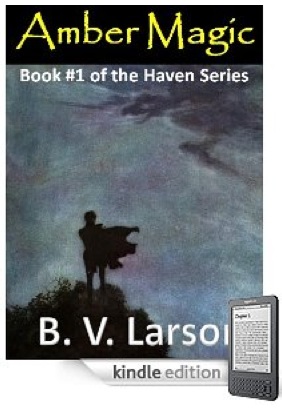
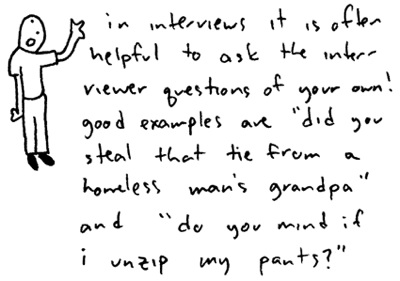 You’ve published your first ebook (or you’re planning to), and you’ve decided to start a blog to help build awareness of yourself and your work. Great!
You’ve published your first ebook (or you’re planning to), and you’ve decided to start a blog to help build awareness of yourself and your work. Great! 
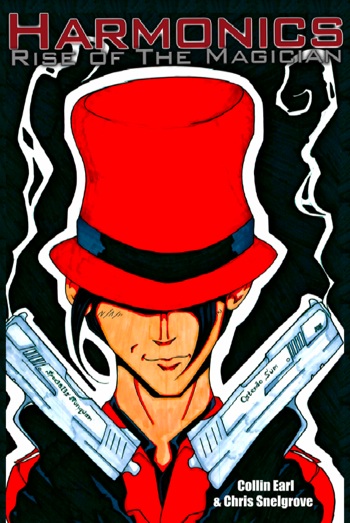
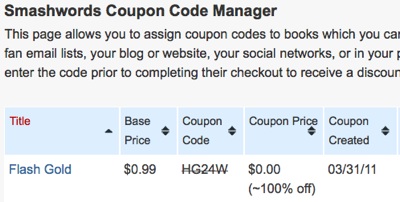 A few days ago, I argued that it was worth
A few days ago, I argued that it was worth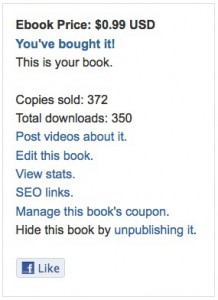
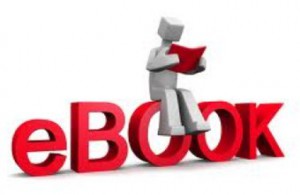 Quite a few new folks have found this blog lately (thanks for visiting!), many of whom are starting to contemplate e-publishing, so I thought I’d do a basic post covering some of benefits of becoming an indie ebook author.
Quite a few new folks have found this blog lately (thanks for visiting!), many of whom are starting to contemplate e-publishing, so I thought I’d do a basic post covering some of benefits of becoming an indie ebook author.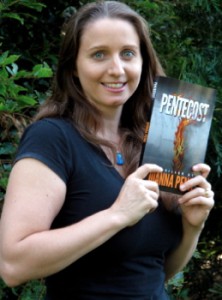
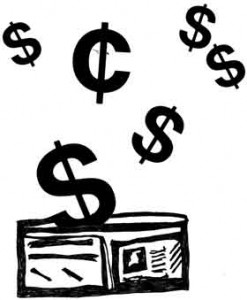 A couple of weeks ago, I wrote a post on
A couple of weeks ago, I wrote a post on 

